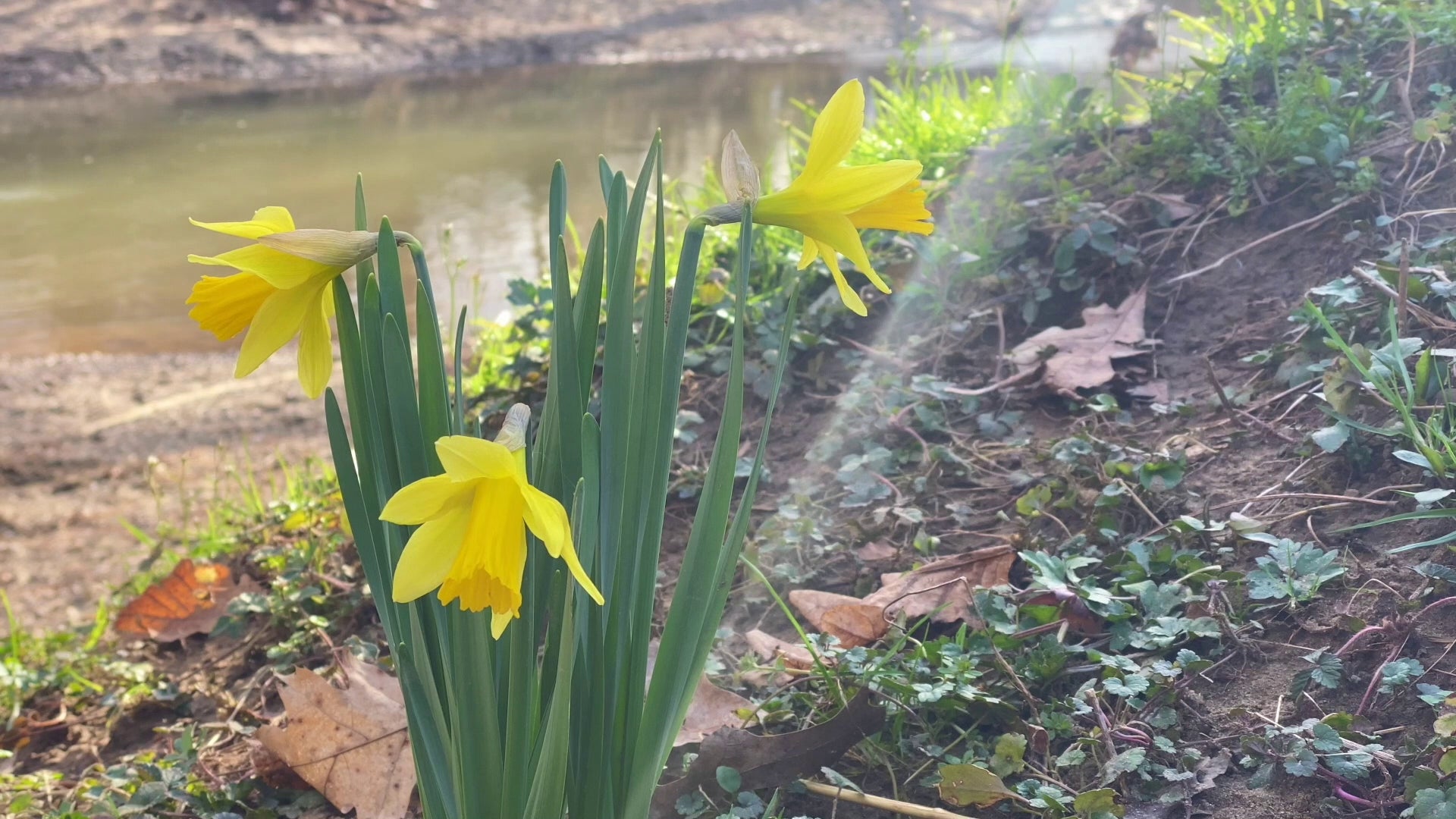Allergy season may arrive early after unseasonable warmth
INDIANAPOLIS (WISH) — As Indianapolis navigates through an unusually warm February, residents were bracing themselves for the early onset of allergy season.
With pollen levels expected to rise in the coming weeks, allergy sufferers were preparing for an extended period of seasonal discomfort.

Typically, allergy season in central Indiana peaks during the spring months, notably in March and April. However, this year’s unseasonably warm weather accelerated the blooming of trees and flowers, leading to an early surge in pollen levels. As a result, allergy symptoms may manifest sooner than usual for many residents.
The first pollen to arrive in central Indiana includes elm, juniper, maple and cedar trees. They get started on their pollen production much faster than other trees. Pollens that come from other pollinators, such as ragweed or grass, aren’t active until summer to early fall months.

Recent meteorological data highlighted the city’s departure from typical February weather patterns, with temperatures soaring above average. Despite a temporary cold snap forecasted for the upcoming weekend, Indianapolis was expected to experience a return to springlike conditions in the following week. With temperatures expected to climb back into the 50s or even 60s, the warmer weather could further exacerbate allergy symptoms if pollen counts continue to climb.
As residents prepare for the impending allergy season, a heightened emphasis has been put on proactive symptom management. Over-the-counter antihistamines and nasal sprays are recommended to alleviate discomfort, while minimizing outdoor exposure during peak pollen times can help reduce exposure. Additionally, keeping windows closed and using air purifiers indoors can help mitigate the impact of outdoor allergens.

With the convergence of an early allergy season and atypical February weather, Indianapolis allergy sufferers were urged to remain vigilant in monitoring pollen forecasts and taking necessary precautions to minimize symptoms. By staying informed and proactive, people can navigate through the allergy season with greater ease and comfort.
